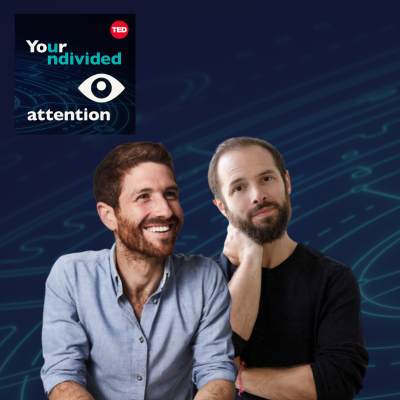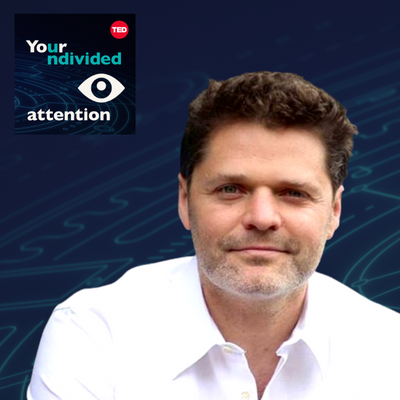Spotlight | Jun 8, 2023
How Zombie Values Infect Society
You’re likely familiar with the modern zombie trope: a zombie bites someone you care about and they’re transformed into a creature who wants your brain. Zombies are the perfect metaphor to explain something Tristan and Aza have been thinking about lately that they call zombie values.
In this Spotlight episode of Your Undivided Attention, we talk through some examples of how zombie values limit our thinking around tech harms. Our hope is that by the end of this episode, you'll be able to recognize the zombie values that walk amongst us, and think through how to upgrade these values to meet the realities of our modern world.
Major Takeaways
Zombie Value #1: The answer to bad speech is more speech. When we first articulated the concept of free speech, there wasn’t a lot of content, and distributing a message was difficult. Now it’s relatively easy to get a message out into the world, but there’s so much content that it’s hard to parse and absorb. In a world where not everything is worth listening to, could we rank information using a synthesis model that helps us understand what to act on?
Zombie Value #2: In a world flooded with false information, the solution is fact checking. A world based on fact checking is, of course, an improvement to our world of the past that was based on yellow journalism and hearsay. But in the era of ChatGPT, people can create convincing fact patterns that can persuade in one direction or another. Facts could be technically true, but violate the spirit of a truth-seeking environment. Instead of asking just whether something is true, we could ask whether it is true, truthful and representative.
Zombie Value #3: Informed consent is required. People should be asked for consent before coming to certain experiences. But what if the context inside of which consent is given is manipulated? For example, do you really think about whether you want to allow cookies when you’re trying to find an address and get out the door? We need defaults that have our best interests at heart.
Zombie Value #4: Everything should be democratized. It sounds right to say we should be democratizing power into more and more hands, especially those who haven’t had access to that privileged power in the past. However, if we democratize access to biological weapons, for example, or the ability to hack security vulnerabilities in infrastructure like power plants, would the outcome be acceptable?
Zombie Value #5: People have agency over their willpower when making choices. It’s important that we take responsibility for our choices, but this view can miss power asymmetries. If TikTok has a supercomputer trained on what hundreds of millions of humans click on, is it really about “willpower” when you keep using that app?
Other recommended reading
Is the First Amendment Obsolete?
This essay explores free expression challenges
The Wisdom Gap
This blog post from the Center for Humane Technology describes the gap between the rising interconnected complexity of our problems and our ability to make sense of them


